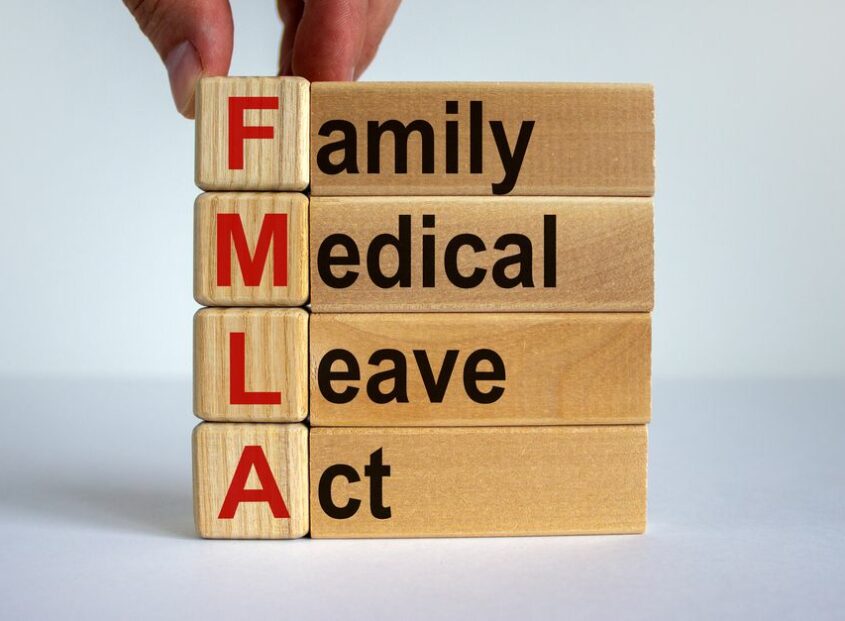The Family and Medical Leave Act (FMLA) is a crucial piece of legislation in the United States designed to support employees in balancing their work and personal obligations. Enacted in 1993, the FMLA provides eligible employees with job-protected, unpaid leave for specific family and medical reasons.
Key Points:
Eligibility: FMLA applies to public agencies, public and private schools, and private sector employers with 50 or more employees within a 75-mile radius. To qualify, an employee must have worked for the employer for at least 12 months (not necessarily consecutive) and clocked a minimum of 1,250 hours in the previous year.
Covered Reasons: FMLA allows eligible employees to take up to 12 weeks of unpaid leave in a 12-month period for various reasons:
- Birth, adoption, or foster care placement of a child
- Care for a spouse, child, or parent with a serious health condition
- An employee’s own serious health condition that renders them unable to perform essential job functions
Job Protection: While on FMLA leave, the employee’s job or an equivalent position must be available upon their return. Employers are prohibited from retaliating against employees for taking FMLA leave.
Benefits During Leave: FMLA leave is unpaid. However, employees may use accrued paid time off (like sick or vacation leave) to receive payment during their FMLA absence.
Certification and Notice: Employers may request medical certification to verify the need for leave. Employees are required to give advance notice if the leave is foreseeable, such as a scheduled surgery.
Intermittent and Reduced Schedule Leave: Under certain circumstances, employees can take leave intermittently (in separate blocks of time) or on a reduced work schedule if medically necessary or for qualifying reasons.
State Laws: Some states have their own family and medical leave laws that may provide additional benefits or cover smaller employers.
Recent Amendments: In some cases, FMLA provisions have expanded, such as including leave for military caregiver purposes or exigency leave for family members of covered military personnel.
Understanding FMLA can be complex due to its various nuances and legal requirements. Employers must comply with the regulations to ensure employees receive the entitlements, and employees should familiarize themselves with their rights under this important law. Consulting legal or HR professionals can provide tailored guidance based on specific circumstances and ensure compliance with FMLA regulations.
Have questions? Want to learn more? Fill out the form below.


